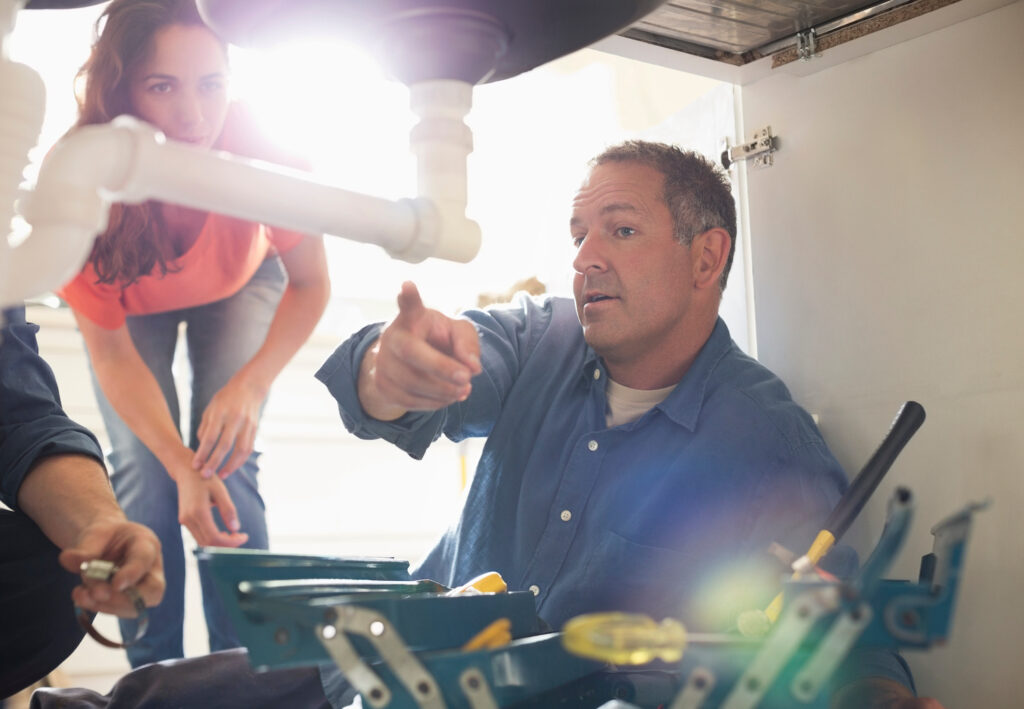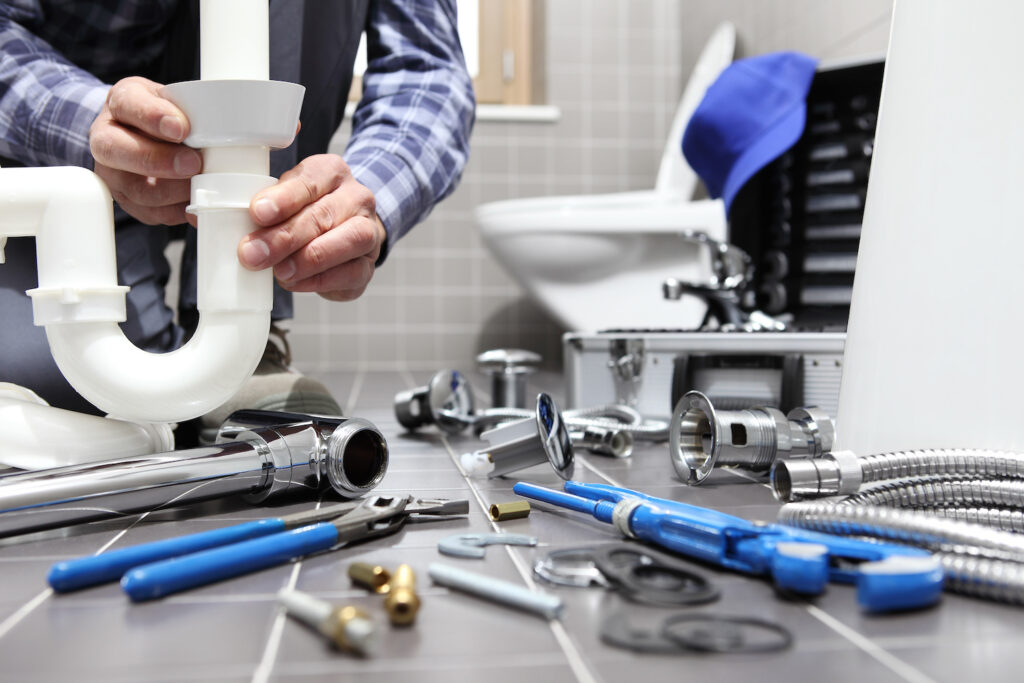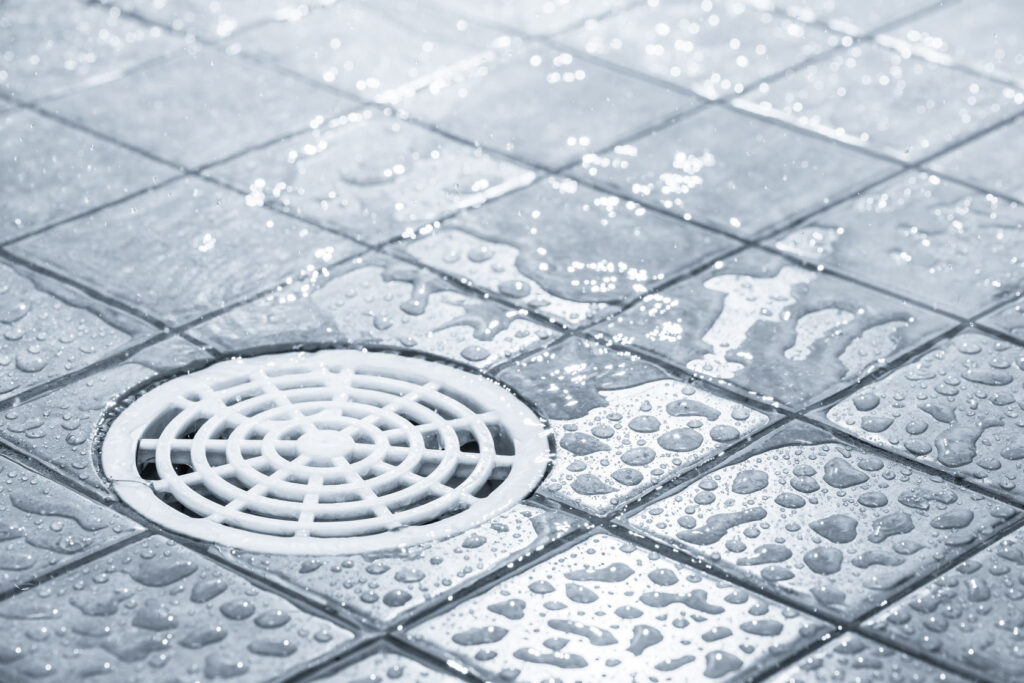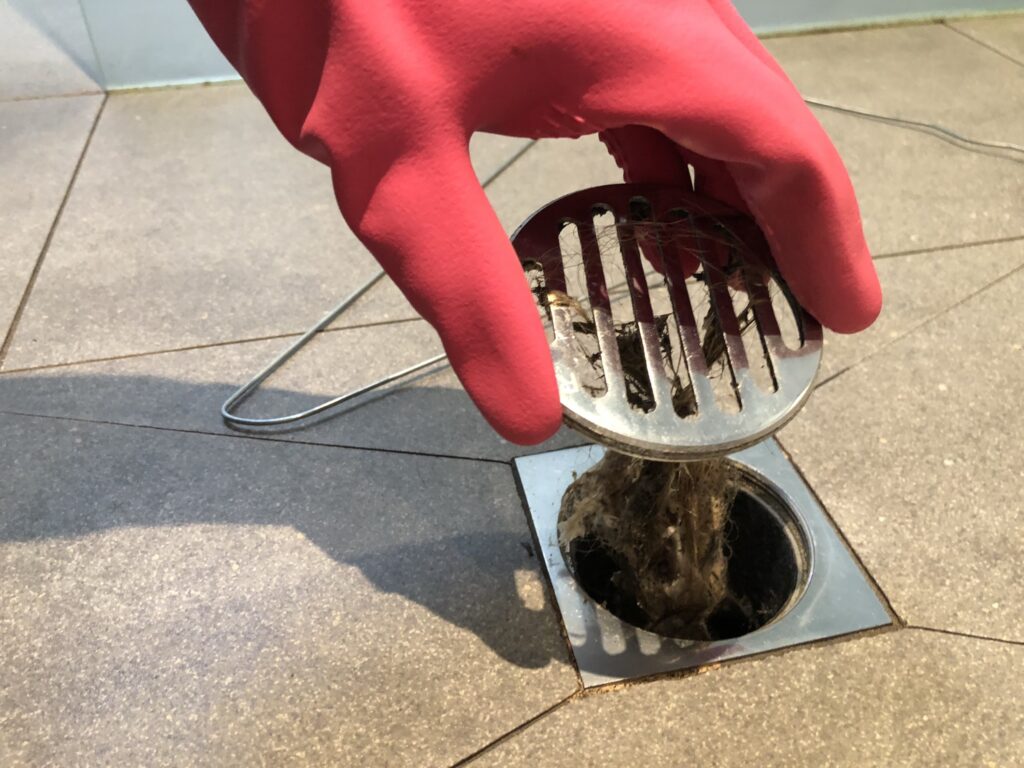Figuring out what career you want (at any age) can be both exciting and intimidating. You want to make a decision that supports your lifestyle, helps you maintain a work-life balance, and considers your interests.
One well-paying and in-demand field is often forgotten: the trades. 🛠️
Plumbing is a trade that will always need practitioners, and the need for plumbers is projected to grow in many states over the next few years. If you’re interested in plumbing, you’re probably wondering, “how much do plumbers make?” This career guide will answer that and more!
Plumbing: The Typical Job Description
Before you sign up to become a plumber, it’s wise to know what you would be getting yourself into. Plumbing can be an incredibly rewarding, hands-on job, although it comes with its fair share of hard work and elbow grease.
Plumbers install, repair, and maintain plumbing fixtures and appliances in residential and commercial settings, such as:
- Heating systems
- Sewer lines
- Water and gas lines
- Sanitation units
- Showers and bathtubs
- Toilets
- Sinks
- Dishwashers
- And more

They also assess plumbing systems to make sure they follow all local codes and regulations. Plumbers can start their own contracting businesses and work for themselves once they’re fully trained, or they can work on a team for an established plumbing business.
A typical day in the life of a plumber can include a combination of the following tasks:
- Driving to homes or businesses to assess plumbing issues
- Providing an estimate for repairs, replacement, or installation
- Interpreting blueprints for new installations
- Installing pipes and appliances
- Using test equipment to diagnose issues
- Repairing plumbing fixtures and appliances
- Cutting and assembling pipes, tubes, and fittings
- Ensuring all completed work complies with codes and regulations
Average Plumbing Salary
Working as a plumber can be similar to working as a car mechanic— some tasks have higher labor demands (and therefore costs) than others. But, overall, plumbers make a respectable yearly salary.
According to 2021 data from the U.S. Bureau of Labor Statistics, the median pay for plumbers is $59,880 per year or $28.79 per hour. The “median” salary falls right in the middle of all plumbers— half of working plumbers earned more than that amount, while half earned less.
For perspective, the median pay across all industries nationwide in 2021 was $45,760. So, the average plumber’s salary is roughly $14,000 more than the average American’s.
Plumber Salary By Location 📍
Even though $59,880 is the median salary for plumbers, salaries can range from $30,000 to $100,000+ across the country. Oftentimes, the state or city that you operate in is a direct contributor to the annual salary.
- For example, one of the lowest plumber salaries falls in Arkansas, where the average salary is closer to $40,000. However, since Arkansas is a low-cost-of-living state, a $40,000 salary will go much further there than in California or Washington, DC.
- On the other end of the spectrum, plumbers in Hawaii make the highest average hourly rate at $81.85 per hour. Since Hawaii is a high-cost-of-living state, wages are higher to offset other life expenses.
The area within each state matters too. Across the board, plumbers make more per hour when working in metropolitan areas compared to smaller cities and rural areas.
How to Become a Plumber
Becoming a plumber requires hard work and a time investment, but one of the biggest perks is that you don’t need a college degree. This alone allows you to start earning money early on in your career without the added burden of student loan debt.
In the plumbing world, you start out as an “apprentice” and eventually move up to “journeyman,” then, “master plumber.” Becoming a plumber traditionally follows this 5-step process:

Step 1: Get a High School Diploma or GED
You don’t need a four-year college degree to be a plumber, but you will need a high school diploma. If you didn’t receive a high school diploma, you can earn a GED (Graduate Equivalency Degree) instead.
Some classes and subjects that are particularly useful for future plumbers include:
- Drafting
- Science
- Technology
- Math
Step 2: Apply to Be a Plumbing Apprentice
After obtaining your diploma or GED, you have the option to move on to a trade school. Taking plumbing classes at an accredited technical college or trade school can teach you how to use piping equipment and become certified in drainage systems.
While going to a trade school can be fruitful, it isn’t required. Whether or not you go to a trade school, you’ll need to apply to be a plumbing apprentice.
In a plumbing apprenticeship, you’ll get paid to learn on the job and shadow licensed plumbers. However, you still won’t get to completely escape from classroom hours.
Step 3: Complete the Apprenticeship
Once you get accepted to an apprenticeship, you’ll need to complete at least 2,000 hours of training, plus classroom-based training, according to the U.S. Bureau of Labor Statistics.
Most plumbing apprenticeships take 2 to 6 years to complete, but the average is 4 or 5 years.
Step 4: Get Your Journeyman License
As we mentioned, you’ll work as an apprentice for roughly 4 or 5 years until you can officially move up to being a journeyman. Here in Minnesota, you can apply for your journeyman license after:
- Working as a DLI (Department of Labor and Industry)-registered unlicensed plumber for 4 years; or
- Completing a DLI-registered apprentice program
Once you officially obtain your journeyman license, you’ll also receive a bump in hourly pay and will no longer be considered “in-training.”
Step 5: Obtain Your Master Plumber License
If you want to make as much money as possible in the plumbing world, you can ultimately move up and secure a master plumber license. You must work as a plumber for at least 5 years, with at least one of those years as a licensed journeyman, in order to be eligible for the exam.
For most plumbers, it takes 7 to 10 years to achieve master plumber status from when they started out as an apprentice. Once you achieve master plumber status, you can open your own plumbing business if desired.
High-Quality Plumbing in Minnesota
Here at 4Front Energy, our team finds working in the plumbing industry to be incredibly rewarding. We get to do hands-on work and help local home and business owners every day.
Whether you want to start out as a plumbing apprentice or are a newly licensed journeyman, keep an eye on our careers page. We’re always looking for hardworking people to join our fun and friendly team!




